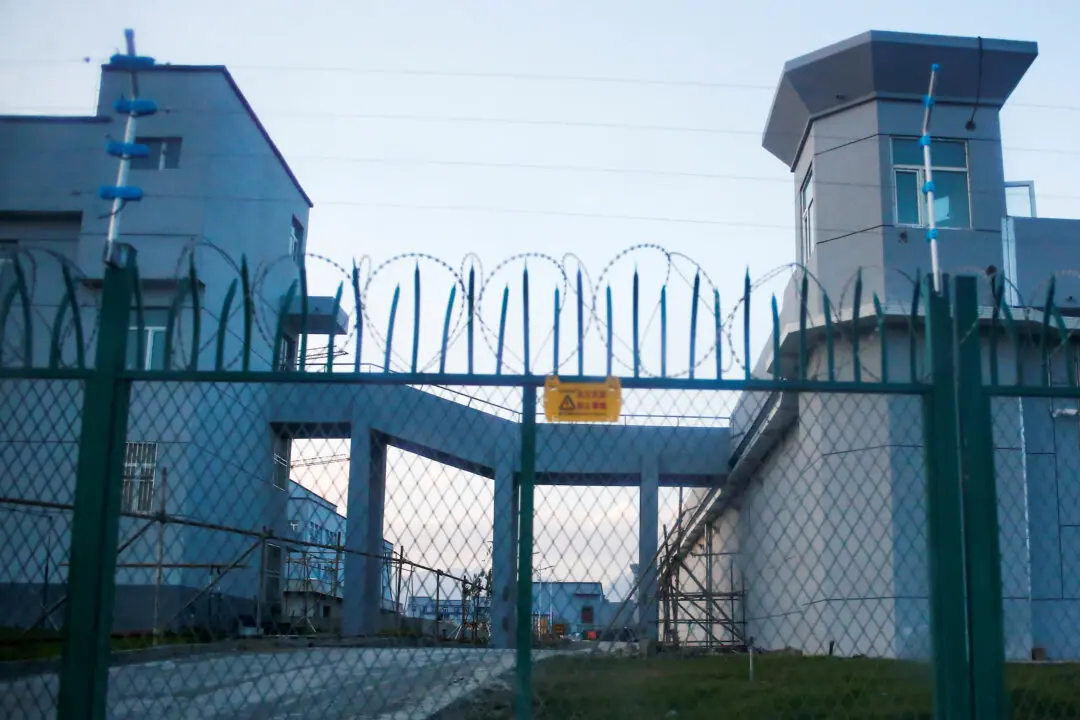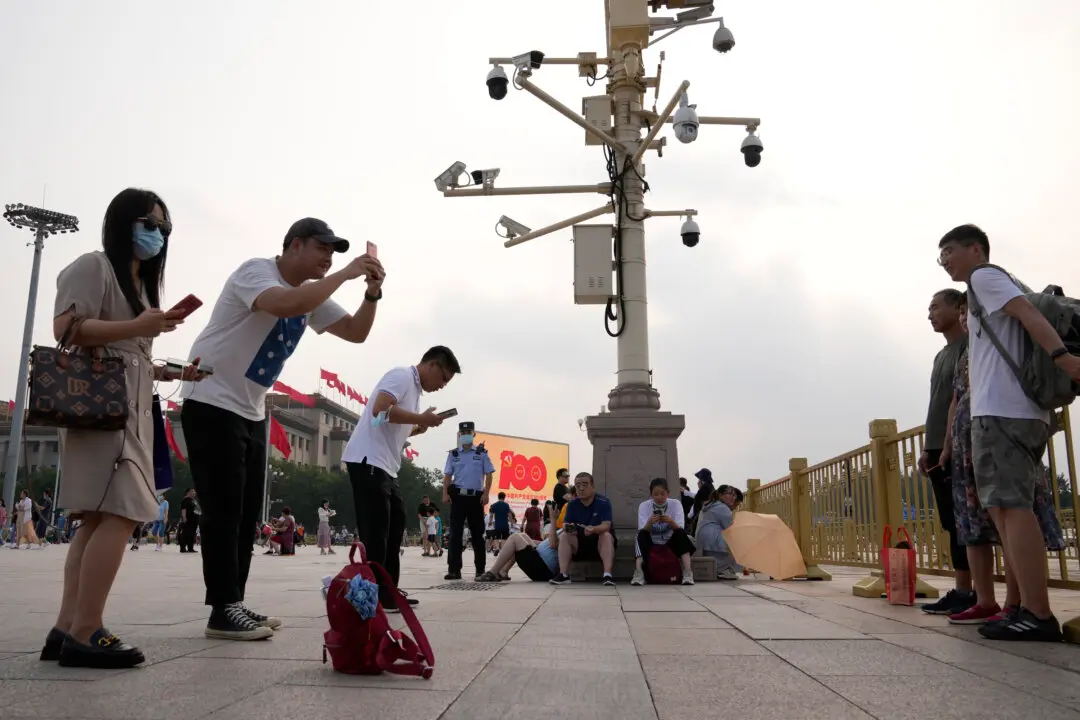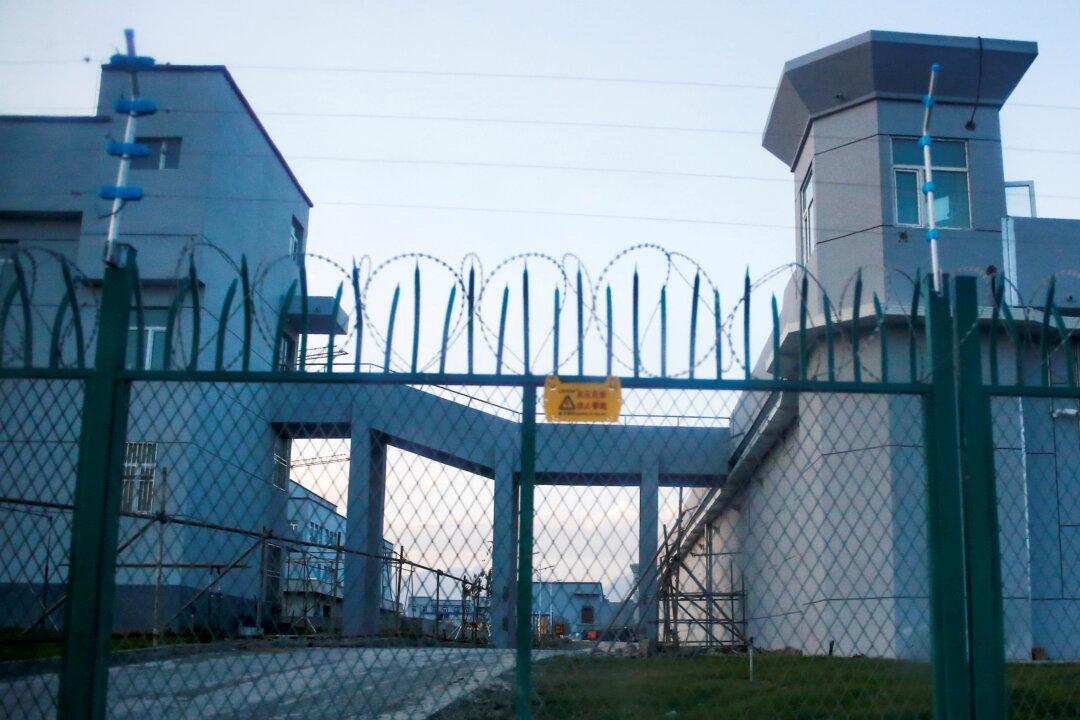Commentary
That terrorism is real should not be in question. Even if we cannot agree on what terrorism is (“one man’s freedom fighter...”), let alone the distinction between it and hate crime, it is very true that there is such a thing and it warrants monitoring and action to stop it before it occurs (and kills/injures innocent civilians).





